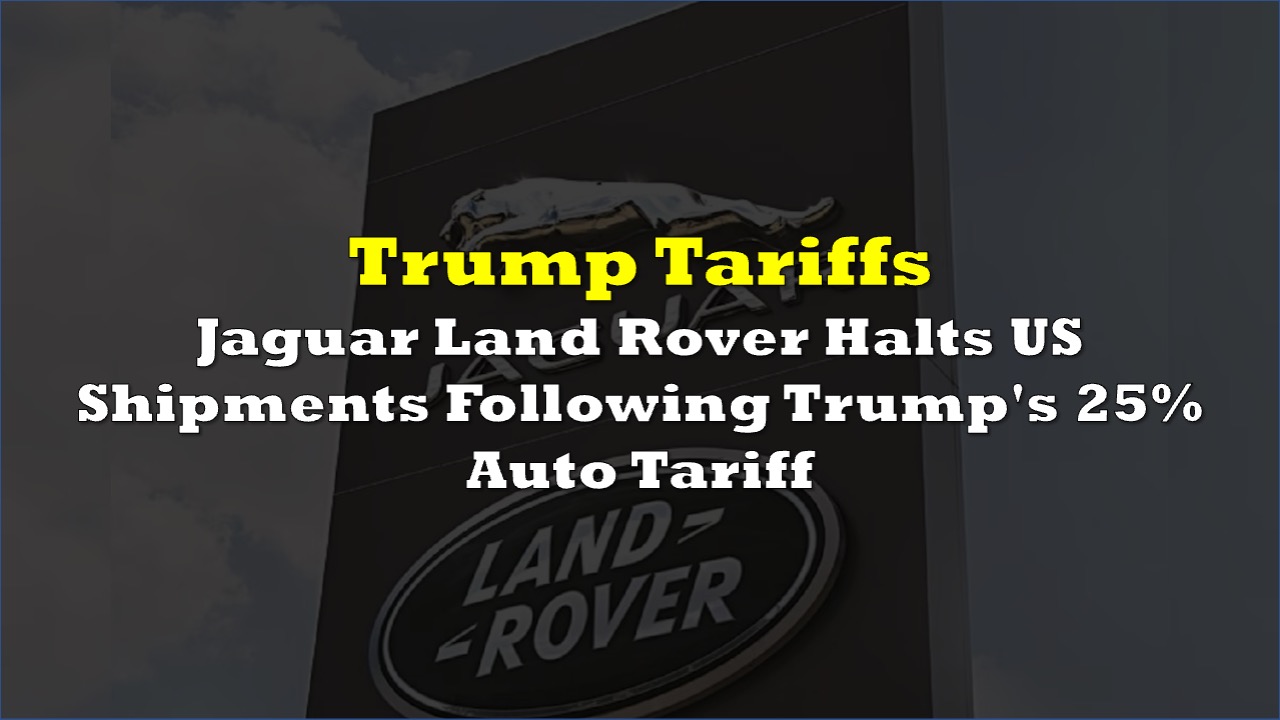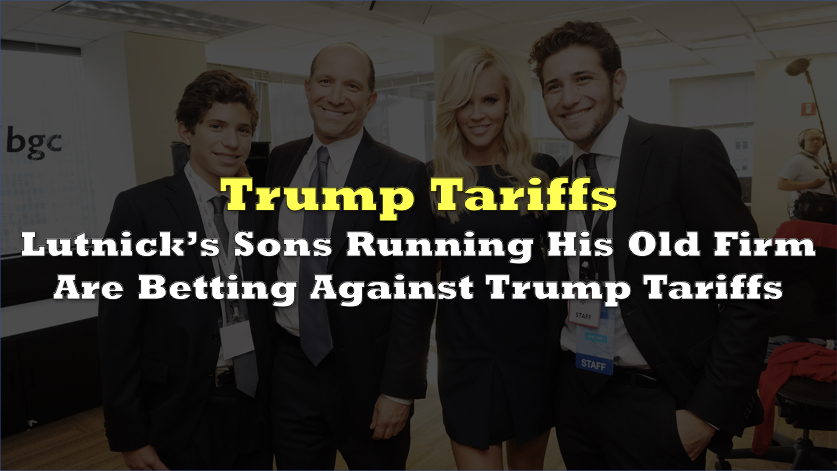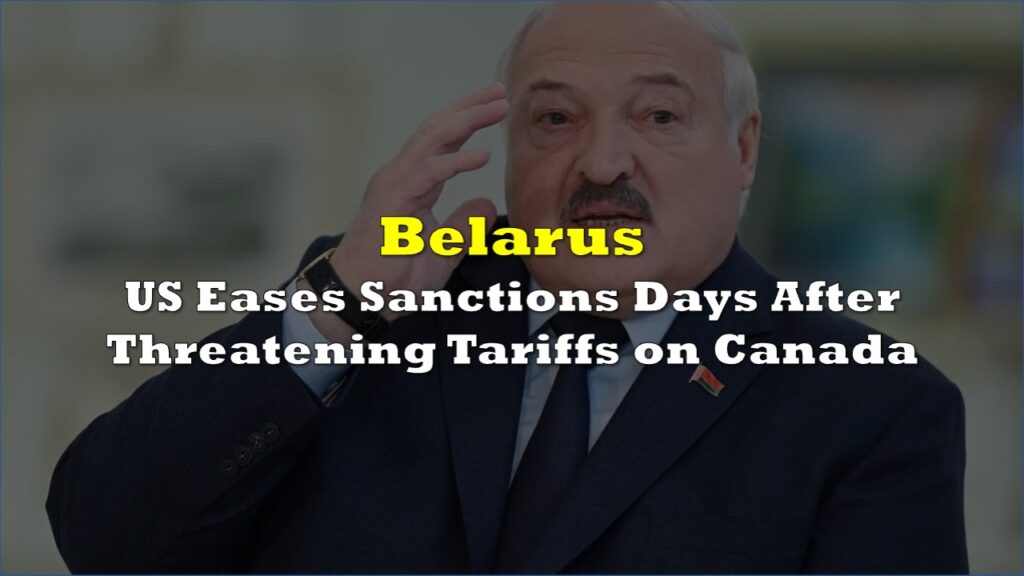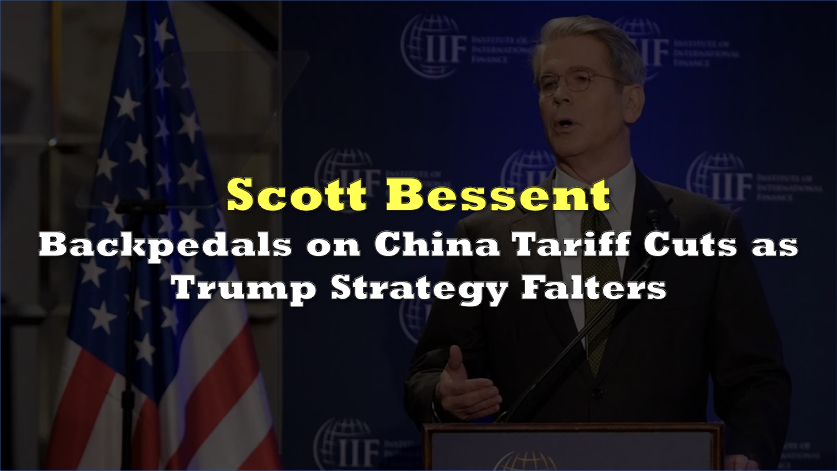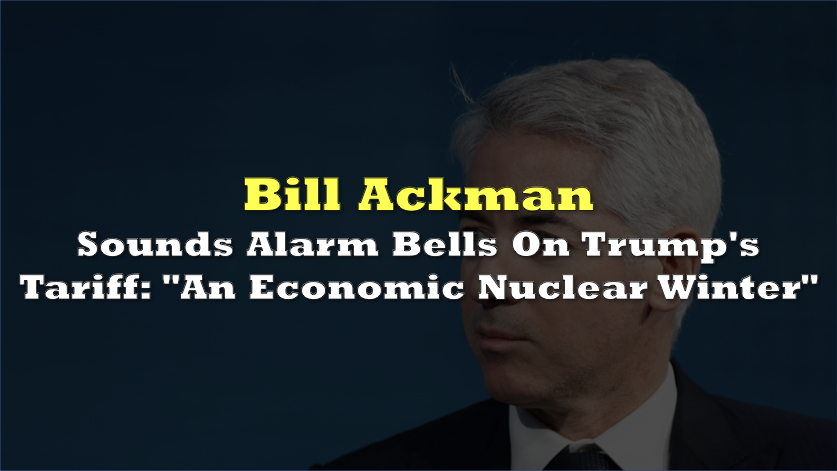Jaguar Land Rover has suspended all vehicle shipments to the United States for the month of April in response to President Donald Trump’s recently imposed 25% tariff on imported cars, the company confirmed on Saturday.
The British luxury automaker, owned by India’s Tata Motors, described the move as a “short-term action” while it develops medium and long-term strategies to address the new trading environment.
“As we work to address the new trading terms with our business partners, we are taking some short-term actions, including a shipment pause in April, as we develop our mid- to longer-term plans,” JLR told Reuters in an email.
🔴 BREAKING: British auto giant Jaguar Land Rover has said it is going to "pause" shipments to the US.
— Sky News (@SkyNews) April 5, 2025
The company said it needed time to work to "address the new trading terms" of Donald Trump's tariffs
🔗 Read morehttps://t.co/lmrzXFP07N
The US represents a crucial market for the company, accounting for nearly a quarter of its global sales. JLR sells approximately 400,000 Range Rover Sports, Defenders, and other models annually worldwide.
The automaker is particularly vulnerable to the tariffs as it lacks manufacturing facilities in the US, instead producing vehicles in Britain and Slovakia. Sources familiar with the company’s operations noted that JLR had previously considered building a US plant but opted instead for additional facilities in Slovakia before Trump’s first term as president.
JLR is believed to have sufficient inventory already in the US to maintain sales for a couple of months, with these vehicles not subject to the new tariffs that took effect on April 5.
The British car industry, which directly employs 200,000 people, faces significant exposure to the tariffs. The United States is the second-largest destination for British-made cars after the European Union, accounting for nearly 20% of exports according to industry body SMMT.
JLR’s decision comes amid broader disruption across the automotive sector, with companies including Stellantis and Nissan already announcing production adjustments, furloughs, and shifts in their supply chains. Analysts at Wedbush estimate the tariffs could reduce new auto purchases by up to 20% and increase typical vehicle prices by $5,000 to $10,000 for U.S. consumers.
British Prime Minister Keir Starmer has said his government would respond with “cool and calm heads” to the tariffs while continuing negotiations toward a potential US trade deal.
Information for this story was found via Reuters, and the sources and companies mentioned. The author has no securities or affiliations related to the organizations discussed. Not a recommendation to buy or sell. Always do additional research and consult a professional before purchasing a security. The author holds no licenses.

